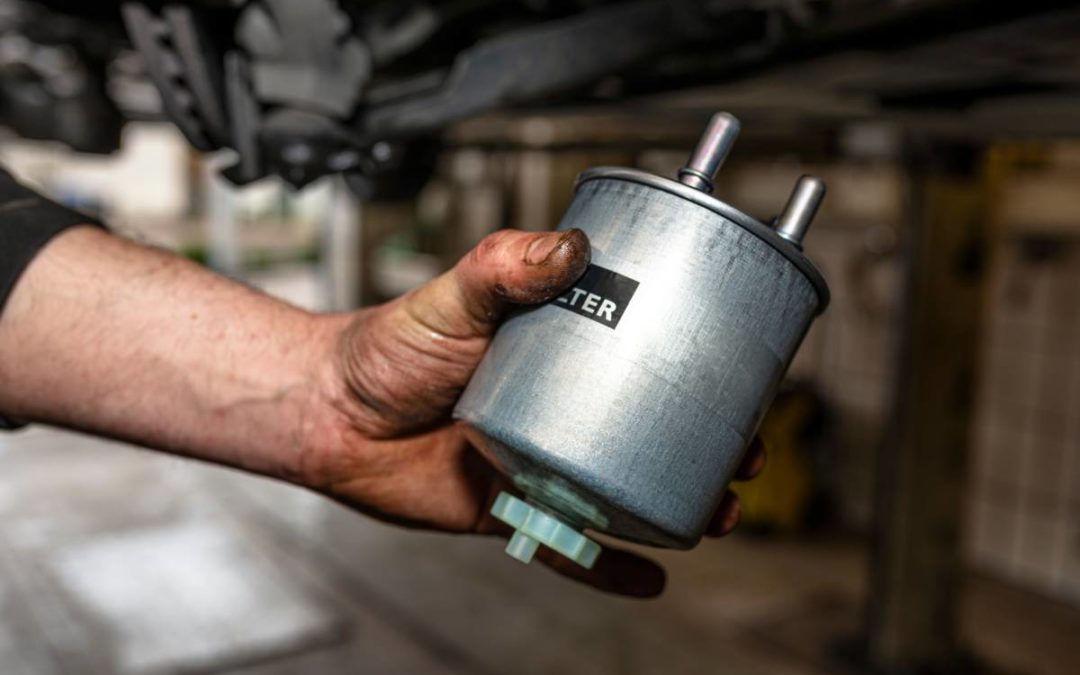The function of the fuel filter is to remove dirt and rust particles from the gasoline used in a car. This prevents them from being broken down into smaller parts that will damage an engine, which can cause its failure. The most common effect it has on BMW engines is that it causes rough idling or stumbling when accelerating. It also helps keep gas flowing freely by preventing sedimentation of clumps in the line leading from the tank to the engine. Some people change their fuel filter more often than they need to, but you should only change it if there are clear signs that it needs replacement.
In order for a fuel filter to work effectively, it must be replaced when needed. There are several external factors that may be early indicators of a fuel filter replacement. These include:
- A fuel filter that requires more than six flushes with a garden hose to completely clean it.-When water is present in the gas tank or a small amount of rust is visible, especially after being removed from storage.
- If either of these factors occurs, you should have your vehicle checked as soon as possible. In most cases, replacing the fuel filter will cost between R300 and R2500.
- Although there are many external signs that indicate when you should replace the fuel filter, there are no internal indications for this replacement other than regular maintenance recommended by your vehicle’s manufacturer.
Each one has different suggestions for when to change the fuel filter ranging from every 50,000 kilometres to twice per year depending on several conditions such as sun exposure and steep inclines. Your best bet when trying to determine when you should change your fuel filter is to look at your owner’s manual or ask a mechanic if you aren’t sure whether or not it’s time for a replacement.
Conclusion:
The purpose of the fuel filter in a vehicle is to prevent rust and dirt from entering the engine and causing damage, rough idling, and stalling while accelerating. It is only replaced when absolutely necessary, although it can be changed according to manufacturer guidelines. Although external factors such as sedimentation may indicate that you need a new one, there are no internal indications other than what your car manufacturer recommends.


